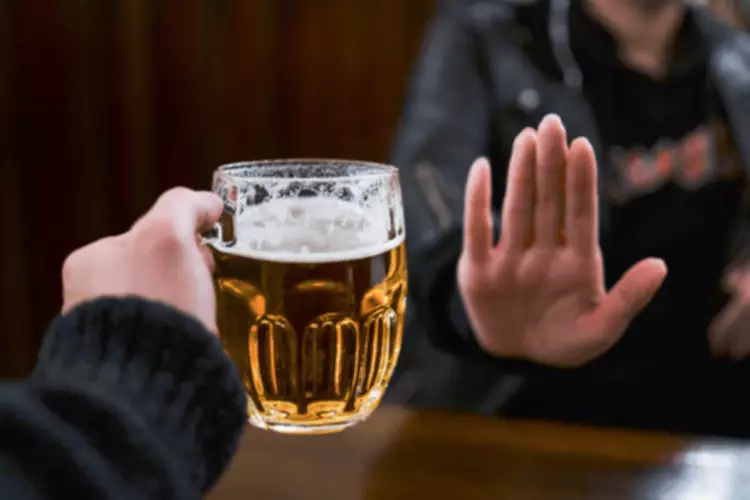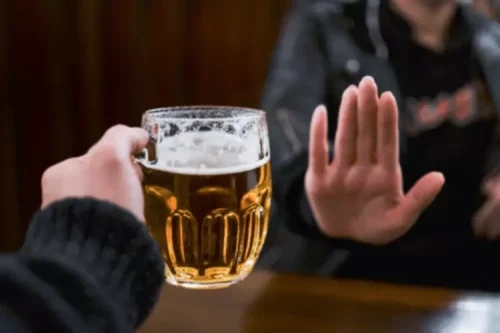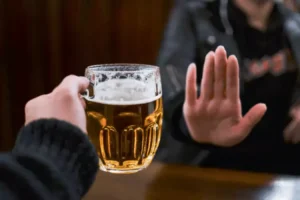
It’s about peeling back the layers of our actions to reveal the underlying motivations and influences that shape our behavior. External, internal, and situational triggers often overlap and interact, creating a complex tapestry of influences on our behavior. But before we dive deeper, let’s consider why understanding these triggers is so Drug rehabilitation crucial. In a world where we’re bombarded with stimuli and faced with countless decisions daily, being aware of what drives our actions can be a game-changer. It’s like having a roadmap to our own minds, helping us navigate the complex terrain of human behavior.

Paying for Treatment
The field of psychology is constantly evolving, with new research shedding light on the complexities of the human mind. If you https://ecosoberhouse.com/ or a loved one is struggling with addiction, AToN Center offers a unique, luxury addiction treatment experience in San Diego. Understanding what type of triggers to watch for and being aware of emotions and thoughts can help individuals avoid or address them. Addiction recovery is a complex and ongoing process that requires a deep understanding of the underlying factors that contribute to relapse.

Ways to Help Someone Who Gets Triggered

Internal triggers originate from within oneself, often linked to emotional factors. External triggers, on the other hand, stem from environmental factors. Recognizing and understanding both types of triggers can significantly enhance an individual’s recovery progress and help prevent relapses. Though commonly used to refer to the experiences of people with post-traumatic stress disorder (PTSD), the term “trigger” can also be used in the context of other mental health illnesses. Recognizing and managing internal trigger triggers is crucial for anyone navigating the recovery process from addiction.
Internal vs. External Relapse Triggers: What’s the Difference?
- These distinctions lay the groundwork for creating a personalized trigger management plan, which we’ll discuss next.
- It is essential to keep in mind that while many triggers result from negative events or experiences, positive events or experiences can also trigger a relapse.
- Support the creation of new tools for the entire mental health community.
The more strategies you have available to you, the better off you will be in managing your triggers. In addition, the more coping strategies you have, the more likely you will be able to prevent the development of unhealthy coping strategies, such as alcohol and drug use. As a result of this increased awareness, your emotional reactions may feel more understandable, valid, predictable, and less out of control.


Internal triggers are emotions, feelings, thoughts, and memories that make a person want to use drugs or alcohol. External triggers, on the other hand, are people, places, things, and situations that can trigger a craving for substances. One reason is that it can be difficult to avoid social pressure in these settings. It is also easy to relapse when you are surrounded by people who are using drugs or alcohol. In order for you to stay safe, it is important to be aware of the potential relapse triggers that are present in group settings and to have a relapse prevention plan in place. A trigger is social, psychological, and emotional situations and events that compel an addicted person to seek their substance of choice, eventually leading them to relapse.
Negative Feelings Trigger Relapses
These triggers are the thoughts and feelings you have that can cause a desire to return to use. While negative feelings are known to be triggers, it’s important to know that positive feelings can be as well. When you want to celebrate or have fun, you may be tempted to get high or drink. Understanding and managing triggers is a vital part of long-term recovery from addiction. Whether they are internal feelings, external environments, or sensory experiences, identifying these triggers early on can make a significant difference in maintaining sobriety.
- Today, we’ll explore the differences between external and internalized triggers, and how each affects us.
- Addiction recovery is a complex and ongoing process that requires a deep understanding of the underlying factors that contribute to relapse.
- It’s not enough to address just one type of trigger; we need to consider the entire ecosystem of influences on our behavior.
How Can I Avoid Relapse Triggers?
In an instant, you’re transported back to your grandmother’s kitchen, a flood of warmth and nostalgia washing over you. It’s a phenomenon that can evoke joy, fear, anger, or any emotion in between, often catching us completely off guard. For more tips and insights on managing emotions and living a balanced life, follow The Feeling Expert on Instagram. If we still want to perform the action after ten minutes of urge surfing, we’re free to do it; but that’s rarely the case. The liminal moment has passed, and we’re able to do the thing we really wanted to do. We provide you with the resources and support you need for a successful recovery that helps you now and throughout your entire life.

